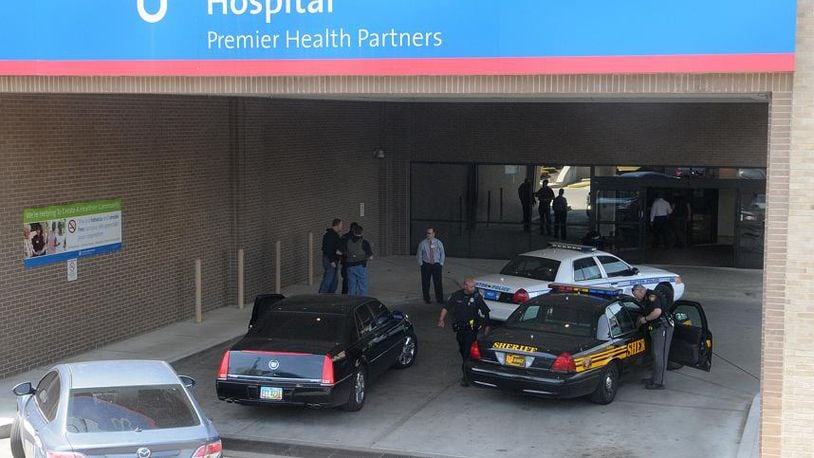“It seems inescapable to me that when you close a major health facility like Good Samaritan, it cannot do anything but negatively impact the health needs, including mental health needs, of the community that they serve that’s proximate to that hospital,” said Montgomery County Common Pleas Court Judge Steven Dankof.
“From the standpoint of a judge in Montgomery County, the mental health services that are available to our citizens — and particularly the least among us, those in the greatest need because of their financial circumstances — we need more mental health facilities, not less.”
LOCAL NEWS: ‘Unauthorized’ Dayton food pantry ordered to stop operations
Premier Health announced Wednesday that Good Samaritan Hospital in northwest Dayton will close by the end of the year.
For Judge Gregory Singer, who will oversee the mental health docket beginning next month, the closing affected him personally and professionally.
“It strikes me very poignantly that three my of my many siblings were born at Good Samaritan Hospital,” Singer said. “All three of my children were born at Good Samaritan Hospital and so that closing is personally impactful to me.”
Professionally, Singer said Good Sam’s closing compounds the effect of the closing of a behavioral health location.
MORE: Read other stories from Mark Gokavi
“We regret it for reasons having to do with on the heels of Day-Mont West closing and now a primary health facility in the neighborhood I grew up in now closing as well, it’s impactful,” Singer said.
“As we mentioned today, we need to go to where these folks are and they are in the Dayton View area as well as other places,” he added. “While we certainly understand Premier’s decision, we’re hopeful that some kind of a health facility will move in much like it has with St. Elizabeth.”
U.S. District Court Judge Walter Rice has often said that Dayton’s mental health professionals are first-rate, but there just aren’t enough of them.
SOCIAL MEDIA: Follow Mark Gokavi on Twitter or Facebook
Dankof said his personal experience matches that characterization.
“I would agree with Judge Rice, we’ve got the quality of care. We don’t have the quantity of care,” Dankof said. “And it is also sadly true that the largest mental health facility in Montgomery County is our jail. And everyone knows it. Not everybody is willing to admit it. It’s true.
“It’s just wrong on so many levels. And we really need, as people of good will, to do something about that.”
About the Author
